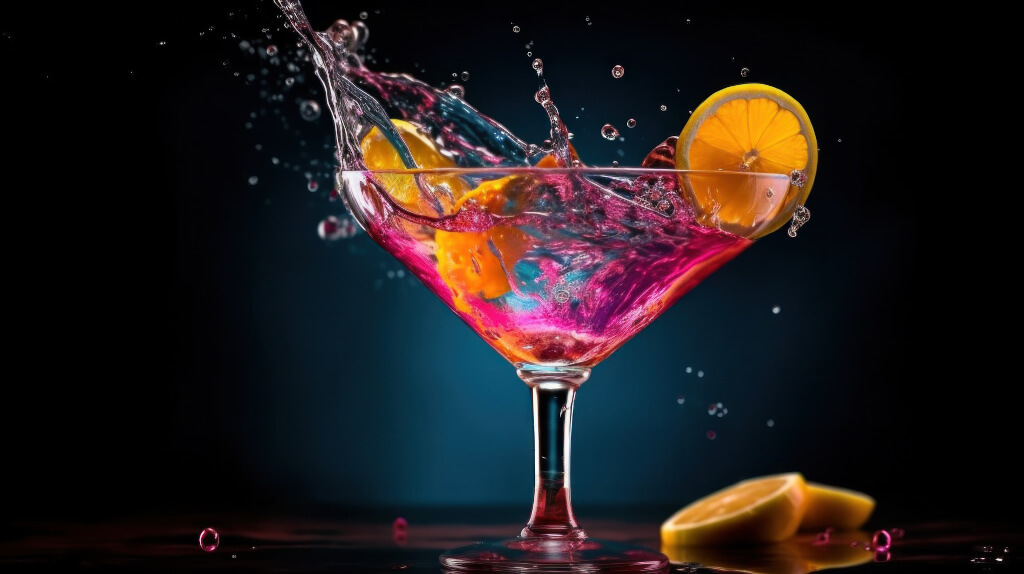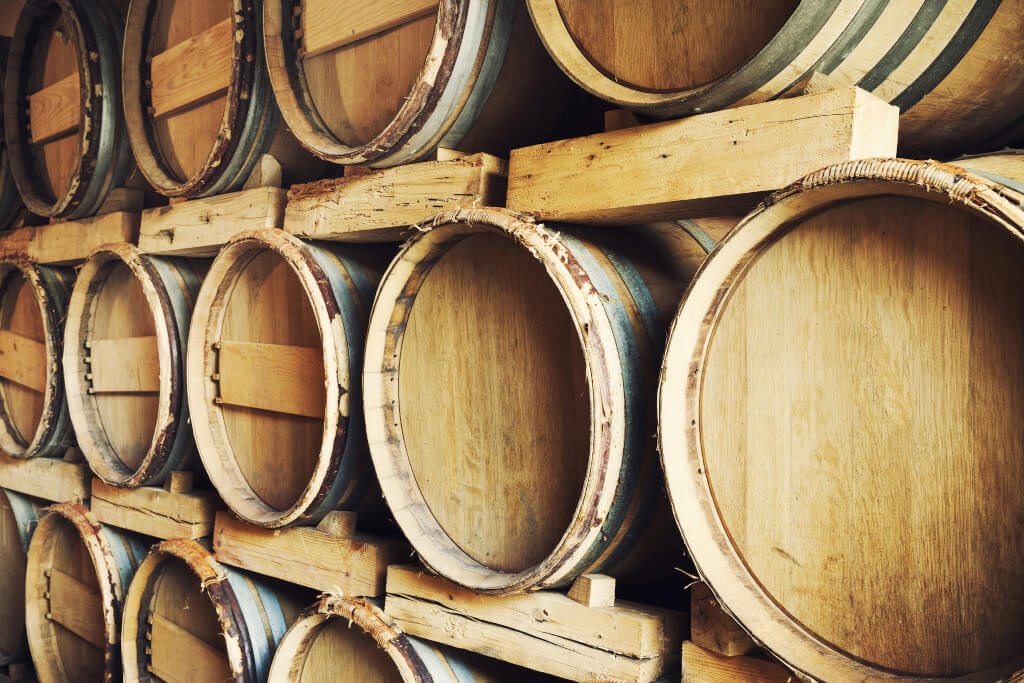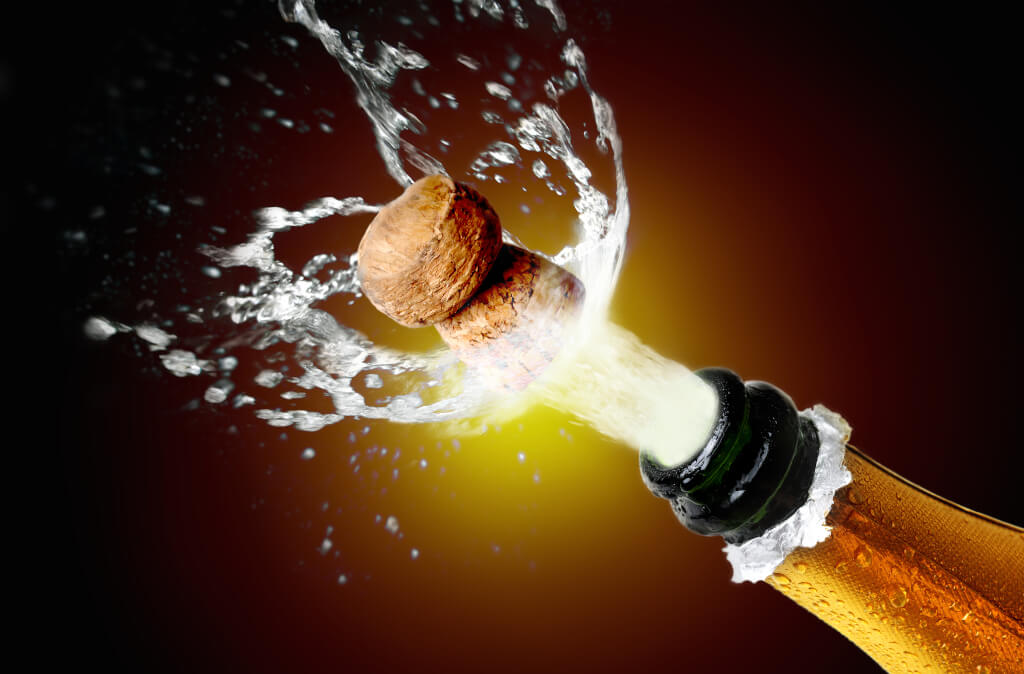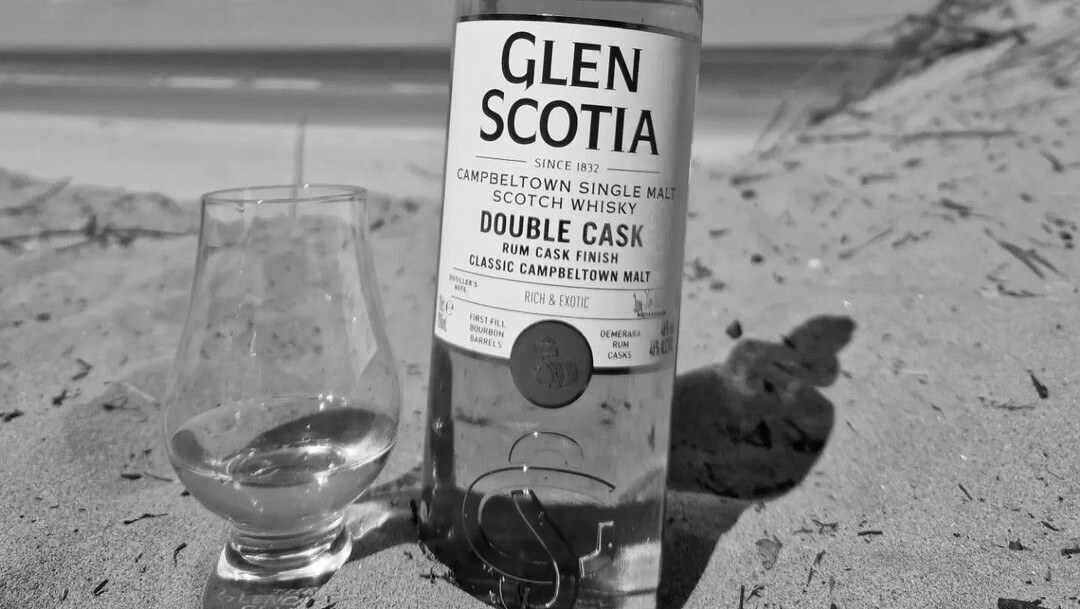Nothing stays the same for very long in our profession. The landscape of spirits is constantly evolving, and with it comes a plethora of exciting new prospects and innovations as global preferences and technology continue to evolve. The world of alcohol is both varied and exciting, from the painstaking art of distillers to the cutting-edge technologies that are revolutionising manufacturing.
In this post, we set out on an adventure to learn about the most exciting developments in the world of alcoholic beverages. From the incorporation of AI into spirit manufacturing to the emergence of environmentally responsible practices, from experimental taste infusions to the meteoric ascent of low and non-alcoholic alternatives, we’ll cover it all. Each section will provide an in-depth examination of one of these fascinating developments, illustrated with relevant instances.
As we explore the booze of the future, we hope to pique your interest, educate you, and make you appreciate the technological feats that go into making each drink. Get ready for an exciting adventure into the realm of cutting-edge alcoholic beverages.
Artificial Intelligence and Machine Learning Are Being Used in the Distilling Process
It may come as a surprise to learn that innovative technologies like artificial intelligence (AI) and machine learning are gaining traction in a sector that places a premium on tradition. These innovations are used not merely to improve productivity, but also to distill unusual liquors. To create novel alcoholic beverages, AI can examine huge amounts of data, including ingredients, recipes, and customer reviews. Machine learning algorithms can continuously fine-tune the process by using what they’ve learned from one batch to improve the next.
The collaboration between Mackmyra Whisky and the tech firm Fourkind, with funding from Microsoft, is a prime example of this meeting of the technological and gastronomic worlds. They are the ones that initially used AI to produce whisky. They used machine learning models to examine Mackmyra’s existing recipes, client preferences, and many possible combinations to come up with a new and exciting whisky blend. Their methodology is a prime example of how the integration of technology and human expertise can produce remarkable outcomes.
Technology and tradition coming together in this way create a whole new world of opportunities for the development and production of alcoholic beverages. Let’s raise a glass to the delicious and technologically advanced libations we’ve been discovering on our voyage thus far.
A Raise to Tradition and Authenticity in an Era of Craft and Artisanal Spirits
We continue our investigation by looking into a time-honored practise that’s making a comeback: artisanal and craft alcoholic beverages. Consumers all over the world are developing a growing fondness for these handcrafted, typically regional spirits. The rising popularity of craft distilleries can be attributed to the rising value placed on originality, history, and flavour variety. Craft spirits typically express a sense of place and offer a unique, nuanced taste experience since they are a reflection of the region and culture in which they were created.
Consider New York City’s Brooklyn Gin as an Illustration
All of the components and the distillation process are fresh and regionally sourced, and every bottle is filled by hand. Their unique flavour character, achieved in part by this scrupulous attention, has earned them widespread acclaim.
Sustainable Drinking: Mixing Up a Better Planet
As we raise a glass to the allure of handmade spirits, let’s not overlook another revolutionary trend in the alcoholic beverage industry: eco-friendliness. Demand for sustainable liquors rises in tandem with rising environmental consciousness around the world. Organic farming, renewable energy, water conservation, and recyclable packaging are just a few of the sustainability-focused practices that many distilleries are increasingly emphasising.
Arbikie Distillery in Scotland is a forerunner in the industry since it uses a “field to bottle” approach. They use renewable energy for distillation and are moving towards carbon-negative status by growing their grains, potatoes, and botanicals. Similarly, Toast Ale brews their beer with leftover bread that would otherwise go to waste, providing a delicious solution to the problem of food waste.
The future of the alcohol business lies in a balance between preserving tradition and welcoming innovation, as evidenced by the growth of craft spirits and sustainable practises. As we continue on our path, let us take a moment to toast a sustainable future with the genuine flavour of handmade spirits.
The Era of Exotic Ingredients and Blends: A Symphony of Unexpected Drinks
As we continue our journey, we will enter a period when unique flavours and infusions were commonplace. Liquor companies are responding to consumers’ need for novel, out-of-the-ordinary beverages by exploring a wide range of atypical flavour profiles, including those based on exotic fruits and spices, floral infusions, and even savoury components. This artistic freedom has produced a fascinating variety of unusual liquors.
Empirical Spirits, a Copenhagen-based company started by ex-Noma chefs, is a prime example of this movement. Oolong tea, roasted birch, green gooseberry, and fermented barley koji all make appearances in their experimental brews. You can taste the revolutionary power of flavour innovation in every sip of their beverages.
The Rise of Non-Alcoholic and Low-Alcohol Spirits
Spirits’ alcohol concentration varies as much as the world of flavour does. Consumers who are watching their alcohol intake are driving an increasing trend towards low and non-alcoholic solutions that nonetheless allow them to experience the complexity and ritual of a well-made cocktail without the hangover. Brands may now appeal to these customers by providing them with a wide variety of exciting, tasty options made possible by innovative distillation and infusion processes.
For example, Seedlip was an early leader among alcohol-free spirits and is now recognised all over the world. They use experimental distillation methods to produce spirits that are complex, well-balanced, and fulfilling, making them a fantastic option for folks who don’t drink alcohol. In a similar vein, Monday Gin offers an alcohol-free alternative to the classic spirit.
The spirit industry is always evolving and adapting to meet the needs of its consumers, as evidenced by the proliferation of non-alcoholic and low-proof varieties. Liquor’s future is multifaceted, encompassing not just technology and history but also a wide range of flavours and styles so that everyone can find something to their liking.
Blockchain and Alcohol: Verification and Tracking
As we continue our exploration of the cutting edge of the alcohol industry, we come to a crossroads where openness and transparency collide. Blockchain technology which has been widely adopted in the cryptocurrency sector is making its way into the booze business. This distributed digital ledger provides unprecedented traceability, guaranteeing authenticity at a time when customers are increasingly concerned with the legitimacy of the products they buy.
The Scottish whisky known as Ailsa Bay is a pioneer in this space. They’ve implemented blockchain technology to give safe, unchangeable records of their whisky’s production process from still to bottle. Previously unseen levels of openness and authenticity for consumers are now available thanks to QR codes on the labels of each bottle.
The Use of Virtual and Augmented Reality (VR/AR) Technologies in the Drinking-Age Market
Next up on our whistle-stop tour of cutting-edge alcohol technology is the exciting realm of virtual and augmented reality. More and more companies are using these tools to provide their customers with more personalised and engaging brand experiences. Fans can go on distillery tours in virtual reality, and product labels can come to life with cocktail recipes, brand histories, and taste notes.
For instance, the Macallan distillery in Scotland is using virtual reality (VR) technology to give whisky fans around the world an opportunity to virtually visit the estate and distillery. Similar success has been achieved by the wine label 19 Crimes, which uses augmented reality (AR) labels to tell the stories of the convicts-turned-colonists depicted on their bottles.
As we adopt these innovations, the booze industry is not simply changing but being revolutionised. The future of the industry is exemplified by the confluence of blockchain’s trustworthiness and the immersive experiences given by VR and AR technology.
In Honour of Spirits’ Bright Future
The spirits sector is always evolving as we conclude our investigation into the fascinating realm of spirits inventions. It’s a dynamic and ever-changing setting, rich in history but always opening up to new ideas. Our exploration of cutting-edge technologies like AI, ML, blockchain, VR, and AR has revealed that they are game-changers in more ways than one. They are revolutionising the industry by giving customers a taste of something more genuine and interesting in their alcoholic beverages.
The craft spirits revival, emphasis on environmental responsibility, experimental flavour additions, and popularity of alcohol-free and low-proof drinks all attest to the industry’s responsiveness to consumers’ changing tastes and societal winds. These factors aren’t just reacting to the here and now; they’re actively moulding it.
Let’s keep an open mind and an inquiring heart as we raise a glass to this exciting field. Keep up with current events, explore novel options, and welcome novel experiences. After all, the spirit world is about more than simply the liquid in your hand; it’s also about the adventure it promises.




